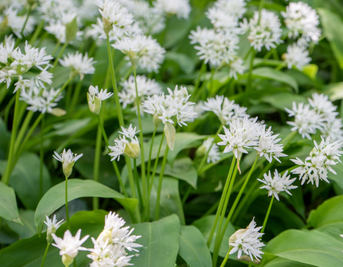Snow Fungus is an excellent mushroom for health maintenance and in its dried form is a popular ingredient in oriental cuisine, prized for its translucent appearance and crunchy texture.
In traditional Chinese medicine, Snow Fungus is listed in the highest category of herbs, with indications including:
● Clearing heat and moistening dryness
● Nourishing the brain and enhancing beauty
Health Benefits
Cardiovascular health– Snow Fungus is eaten to help prevent atherosclerosis in Japan and provides support for the cardiovascular system by 2:
● Helping maintain the health of blood-vessel walls
● Helping prevent clots and enhance circulation
● Lowering cholesterol
In this respect its actions are similar to the closely related Wood Ear (Auricularia auricula /Auricularia polytricha).
Anti-ageing– As well as their benefits for the cardiovascular system, Snow Fungus’ polysaccharides combine a number of other anti-ageing properties 3:
● Increasing the superoxide dismutase activity of the brain and liver.
● Promoting nerve growth
● Assisting with improving learning and reducing memory deficits
● Supporting skin-health, including as a moisturizing agent in cosmetic preparations
● Anti-inflammatory
Protection from radiation– Snow Fungus polysaccharide-based products are used in China to help patients undergoing radiotherapy 1 by:
● Supporting the immune system
● Maintaining white blood cell counts
● Alleviating skin dryness and redness
Nutrient Profile
Snow Fungus contains high levels of immunologically active polysaccharides which are structurally distinct from those found in most other medicinal mushrooms and are the key components responsible for its health benefits 1.
Directions
While 5-10 grams per day of dried Snow Fungus or 1-2 grams per day of polysaccharide extract are beneficial for general health maintenance, studies on radiation exposure have used 3-5 grams per day of polysaccharide extract.
References
1. Medicinal value of the genus Tremella Pers. (Heterobasidiomycetes) (Review). Reshetnikov S.V, Wasser S.P, Duckman I, and Tsukor K. 2000. Int J Med Mushr. 2000;2:345-367.
2. Research advances in primary biological effects of Tremella polysaccharides. Chen FF, Cai DL. Zhong Xi Yi Jie He Xue Bao. 2008;6(8):862-6.
3. Effect of polysaccharides from Auricularia auricula underw, Tremella fuciformis Berk and spores of Tremella fuciformis Berk on ageing. Chen Yi-jun et al. Chinese Journal of Modern Applied Pharmacy. 1989-02.

